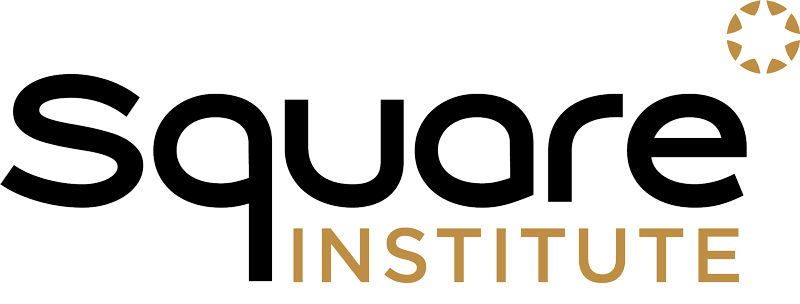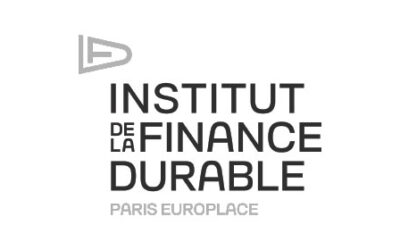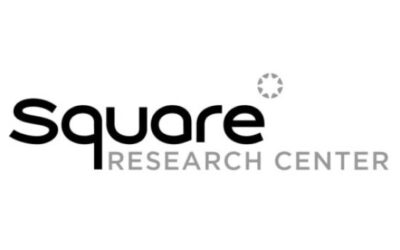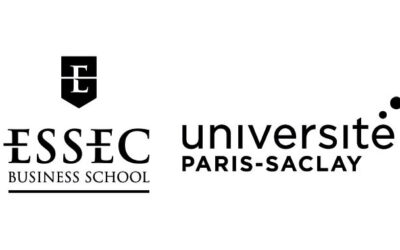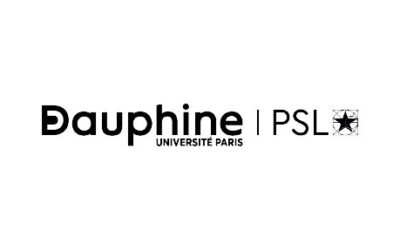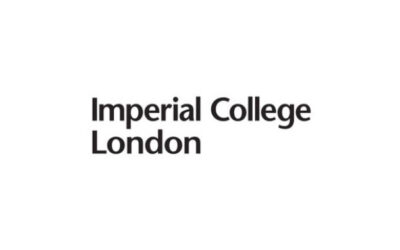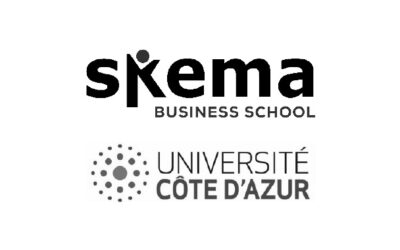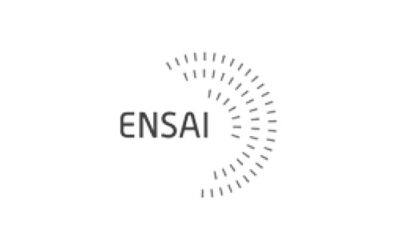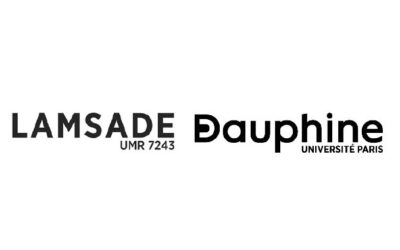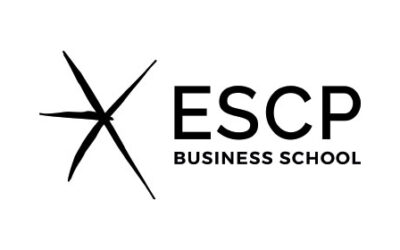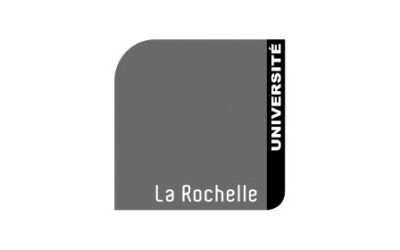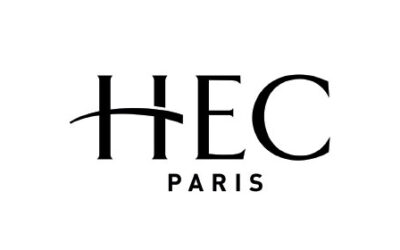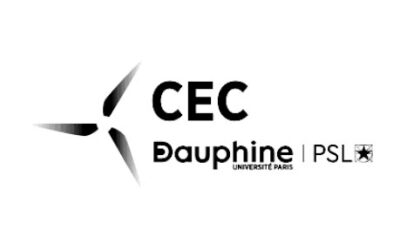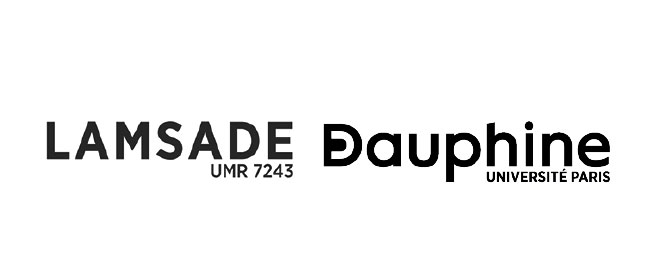
Explicability of ‘black box’ ai* models
Context
Why?
How?
Who?
RESEARCHER

Doctor Sara MEFTAH (Researcher (PhD) — Consultant)
Publication
- “Intelligence Artificielle : comment anticiper les nouvelles réglementations européennes”, Maddyness — 25/10/2021
OTHER SQUARE RESEARCH CENTER PROGRAMS
Portfolio alignment
Portfolio alignment makes it possible to measure the climate performance of a portfolio of assets. A number of alignment methodologies have been developed in the wake of the Paris Agreement to meet the objective of making financial flows compatible with a low level of emissions. To date, existing methodologies do not take account of the risk dimension. As a result, a portfolio can be aligned with a 2°C trajectory and still be significantly exposed to climate risks.
Machine learning to resolve poor data ‘quality’
The use of machine learning comes up against ‘data scarcity’, i.e. poor data ‘quality’, which can only be exploited if it has been ‘labelled’ before and according to the analysis you want to carry out.
Design Network
Network design determines the structure of a business network and influences its costs and performance. This covers a range of strategic decisions, such as determining the number, size, and location of facilities in the Network, and can include tactical decisions (such as distribution, transport, and stock management policies) as well as operational decisions (such as meeting customer demand).
Be clean or contribute to the transition? csr and the challenge of sustainability
In December 2019, the European Commission presented the European Green Deal, which aims to ‘transform the EU into a fair and prosperous society, with a modern, resource-efficient, and competitive economy where there are no net emissions of greenhouse gases in 2050 and where economic growth is decoupled from resource use.’
Causal inference: the uplift
‘Uplift modelling’ is the name given to a set of scoring methods used to assess individual sensitivity to sales prospecting.
Incorporating climate risks into the value of property assets
Real estate is vulnerable to a wide range of climate risks (physical, regulatory, and economic) that can significantly reduce its value. This depreciation may go so far as to generate ‘stranded assets’.
Digital twins of warehouses — intralogistics
Digital twins are virtual replicas that enable an exact copy of an object, machine, or process to be viewed on a screen and its behaviour to be simulated according to different scenarios.
Insurance to meet the challenge of the climate transition
An R&D programme on the transformation of the insurance business faced with the risks arising from the transition.
AI* to help assess the impact of climate change on the activities in the financial sector
AI makes it easier to assess and anticipate financial climate risks (e.g. risks for insurers, credit risks, and/or market risks).
AI* for supply chain resilience and sustainability
In supply chain terms, resilience is the ability to anticipate sudden disruptions and resist their spread, whereas sustainability refers to the ability to maintain functions and performance over the long term while meeting environmental, economic, and social requirements.
AI* and NLP* in the service of CSR
The proliferation of data (news, social networking, company reports, and press releases) has become a major challenge for CSR experts and decision makers in terms of extracting and interpreting key data.
Modelling of the impact of physical and transition risk on insurance company solvency
In the face of climate disruption, insurers need to know exactly what weather-related disasters (e.g. drought, hurricanes) they will have to deal with in order to anticipate the costs and consequences for their business.
Modelling of the impact of physical and transition risk on banks’ solvency
Climate risk has now been clearly identified as a risk to be taken into account in banks’ capital requirements.
Modelling of organisational culture
Faced with increasingly frequent changes, managing the cultural aspect of a company (e.g. values, shared symbols, history, individual, collective and managerial behaviour) is essential for optimising long-term transformation strategies.
New responsible marketing business models
In the age of sustainability, the influence of marketing on changes in consumer behaviour is becoming key, whether in terms of the transformation of business models, modes of governance, changes in consumption patterns, or the transformation of the marketing function, its practices, and marketing strategies (e.g. objectives, indicators, culture).
New working and management methods
The proliferation of ‘fads’ and proposed managerial innovations is driving the way in which many companies are trying to adopt new approaches, which are often wholly unsuitable for their managers and teams.
Responsible digital technology
Digital technology is responsible for a growing proportion of greenhouse gas emissions and has also negative social and societal impacts.
Value-based strategy: driving performance through value
Today, a company’s performance can no longer be conceived and measured exclusively in terms of financial performance.
Managing the decarbonisation of property assets
Property assets account for almost 45% of energy consumption in France, making them a priority target for decarbonisation strategies. These are currently based on the Energy Performance Diagnosis (‘DPE’, or energy label), which does not reflect the actual consumption and emissions of buildings.
Platformisation and innovation strategies
Platformisation marks the transition from an economy centred on products to one centred on digital intermediaries, and many companies are using it as a lever for development and a new business model.

